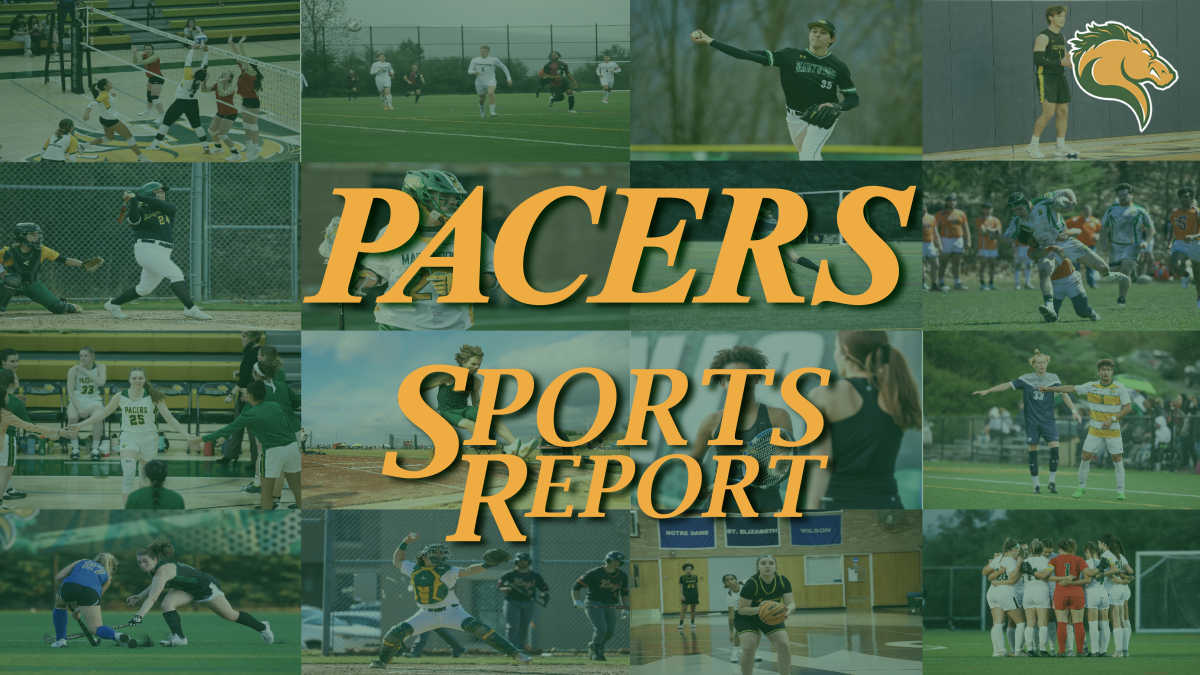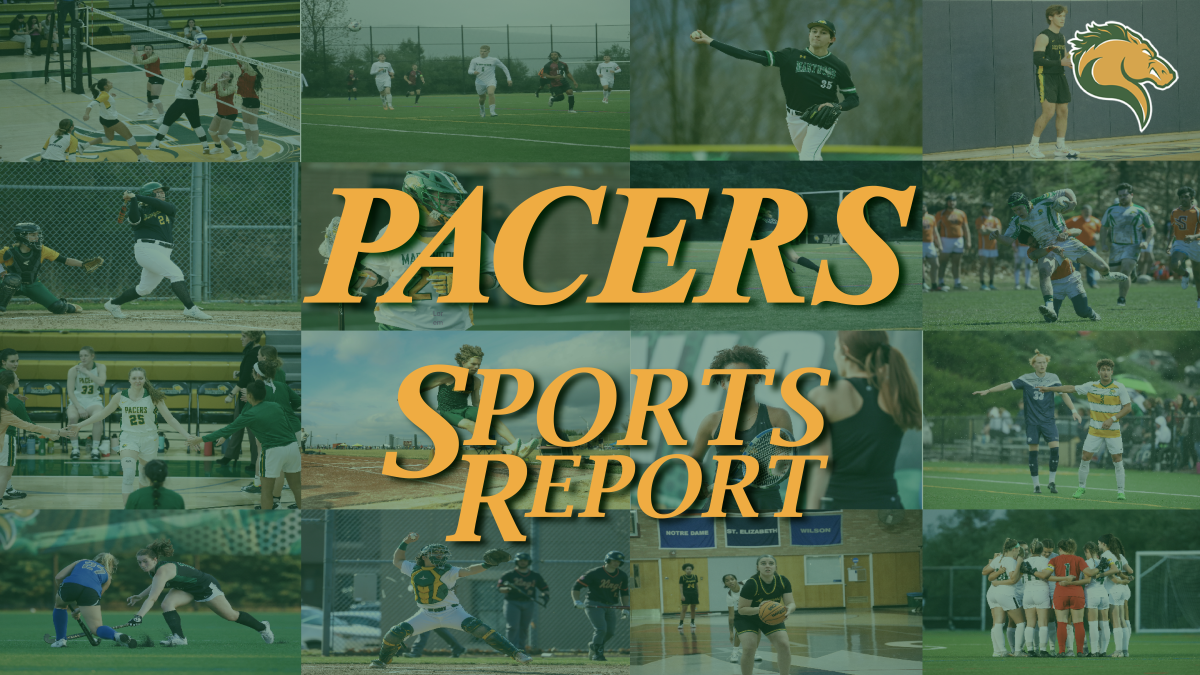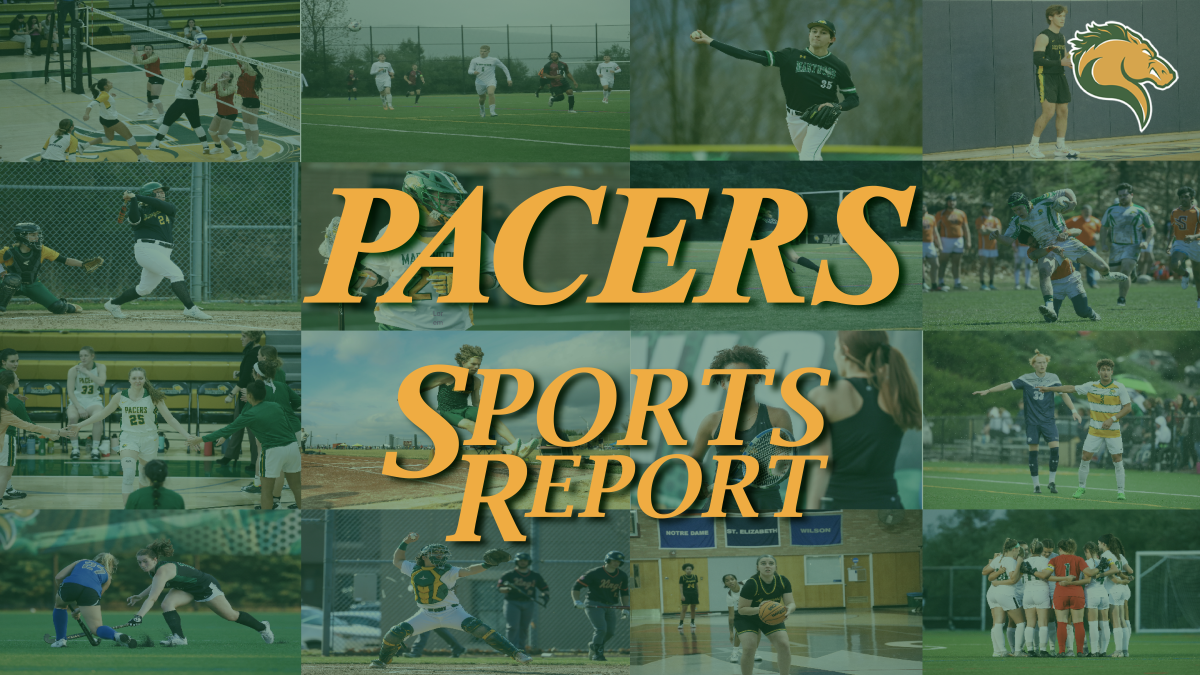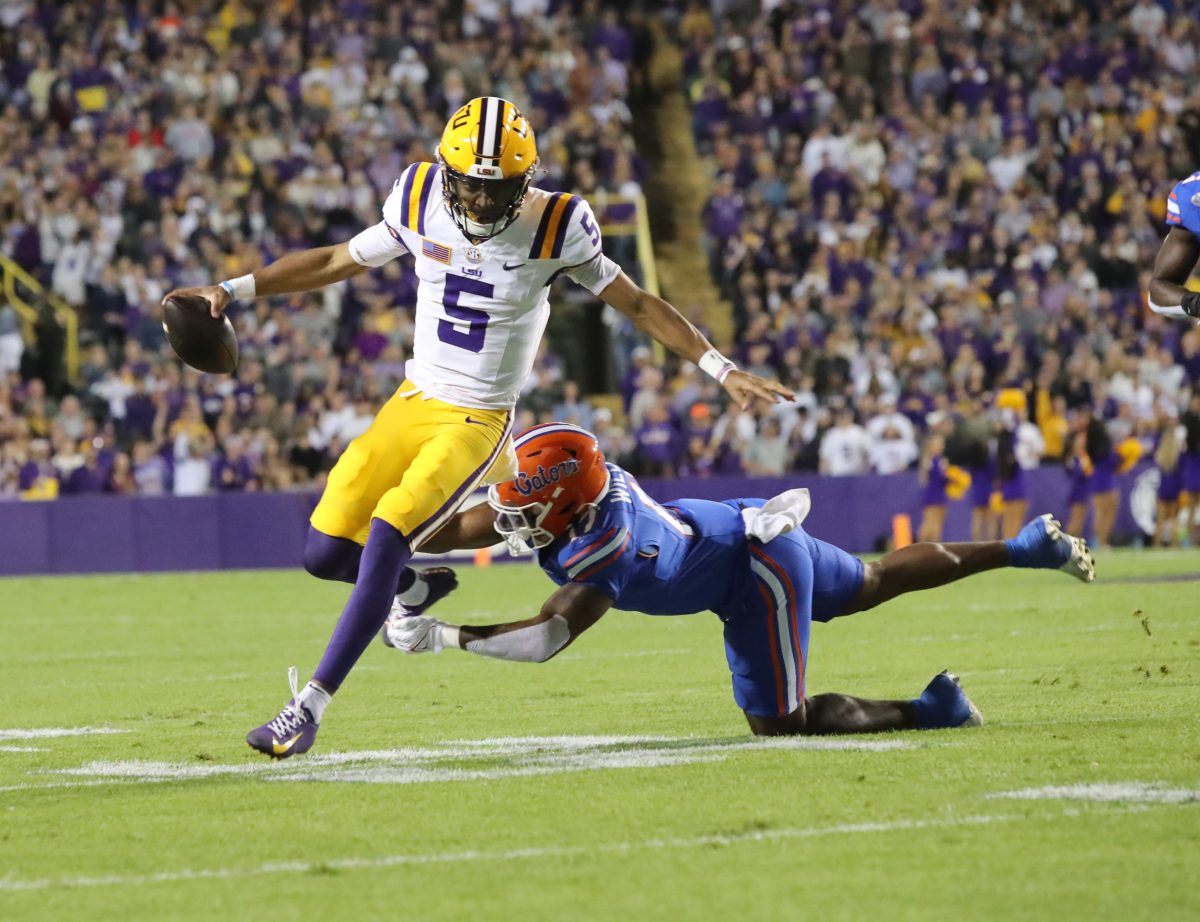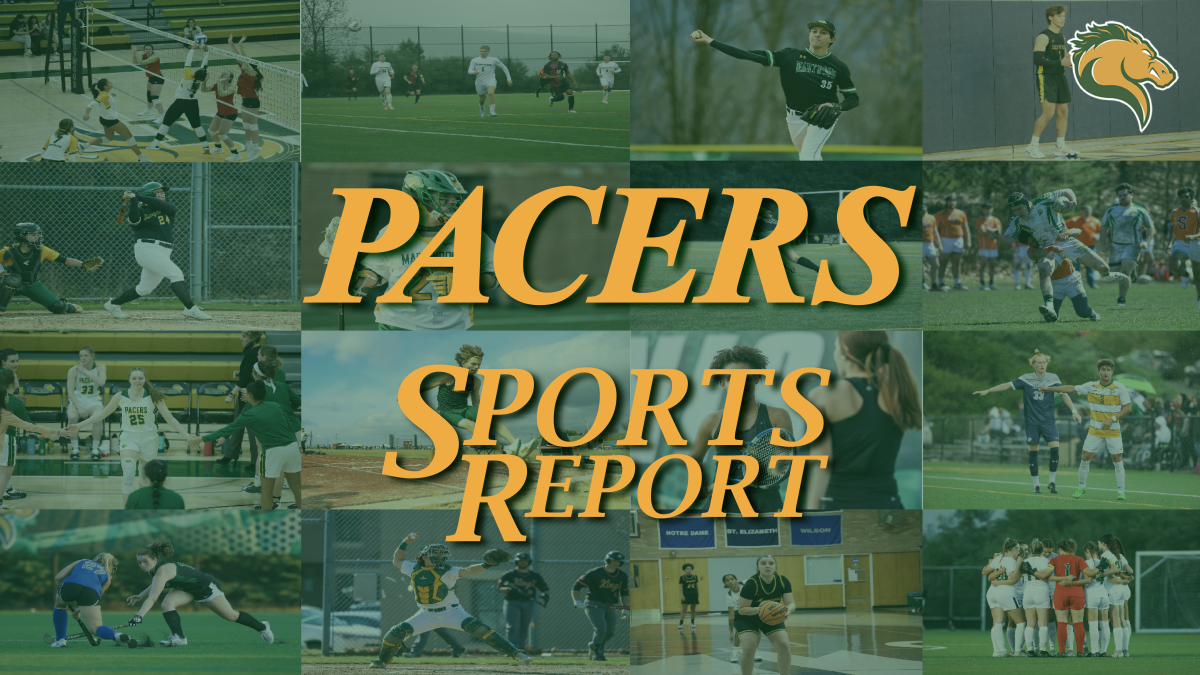For many student-athletes, the thought of “safety” typically centers on protective equipment such as helmets, padding, or some other insulating apparatus. But this January, Marywood has instituted a new “Amorous Relationship Policy” to ensure a safe and healthy environment for student-athletes.
The intent of this new policy is to prohibit faculty, coaches, and other authority figures in the athletics and recreation department from pursuing romantic or sexual relationships with student-athletes.
The policy was adapted from a template crafted by the National Collegiate Athletic Association (NCAA) in order to better address the specific needs of Marywood’s community. This adaptation was a collective effort between Sr. Anne Munley, president of the university; Attorney Mary Theresa Paterson, secretary of the university and general counsel; the university cabinet; Dr. Raymond Heath, vice president of student life; Dr. Mary Jo Gunning, director of athletics and recreation; and Tara Macciocco, assistant director of athletics and women’s basketball coach.
Marywood took this step in an effort to set the boundaries between its student-athletes and staff in order to prevent incidents of inappropriate conduct or abuse of authority.
Considering the various abuse scandals that have been brought to the public’s attention at institutions such as Penn State and Holy Redeemer, Scott Dalgliesh, head men’s lacrosse coach said Marywood is taking a proactive approach.
“I don’t think it’s really been an issue amongst coaches and students and student-athletes here on campus that I’m aware of, and so it’s never hit a head. But now, with the Penn State incident, you know it’s all come to the forefront for everyone around the country and I think that’s the real impetus behind the policy,” said Dalgliesh.
Because of the close, friendly relationships coaches and student-athletes share, bonds tend to form naturally and easily. According to administration, this new policy is not meant to prevent healthy professional relationships from evolving, but to help clarify the roles of faculty and students in these types of relationships.
“The policy was initiated with the purpose to really affirm student’s rights in a relationship that occasionally can be difficult–the relationship between a faculty member and a student, between a coach and a student, a relationship between a trainer and a student,” said Dr. Raymond Heath, vice president of student life. “Often times there is a relationship of power or influence over some consequence, whether you play or whether you do well in a course and so on and so forth.”
Prior to instituting this policy, Marywood did not have a specific policy regarding these concerns, but the university does have less explicit policies that apply to employees as a whole.
“I’ll be honest, I was a little bit surprised to have found out that it hadn’t been in place already,” said Jeremy Phelps, assistant men’s lacrosse coach. “I think if you look at most institutions, most institutions do have one in place, but [it was] certainly something that was obviously addressed and handled pretty well in my opinion.”
According to administration, many other institutions have similar polices in place for their overall community concerning student/faculty relations, but very few have policies in place that focus on a small, segmented group within that community.
According to Heath, if the policy is violated and warrants university involvement, there is a detailed process that has been constructed to address the issue. When a report is made, the university will conduct an investigation and then pass it to the conduct board for review. Human resources and the director of athletics may become involved in the process as well.
“We wouldn’t be investigating any relationship unless it was brought to our attention by a student, by a student’s parent perhaps, or by a teammate who believes so-and-so might be receiving preferential treatment or something. We don’t troll Facebook… [and] we don’t deal with anonymous things,” said Heath.





